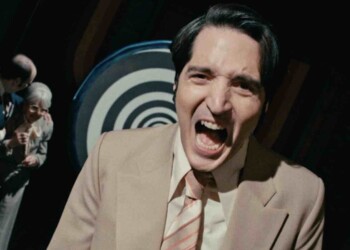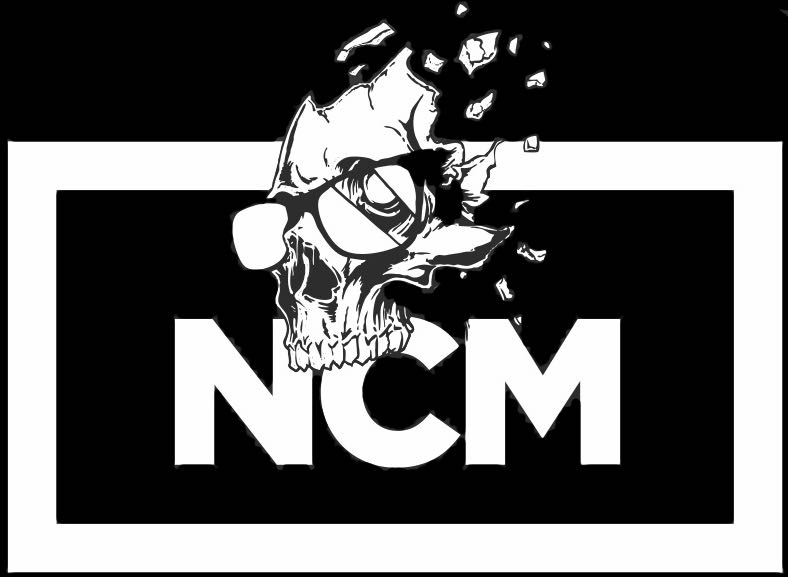Hollywood is prone to romanticize and often place an unnecessary glamor on everyday situations, and let’s face it, that’s pretty much why we watch the latest blockbusters and flicks most of the time. Pleasant distractions and what ifs are part of our lives.
Yet, true masters of the cinema art don’t really settle for self-serving fiction, and this is precisely what John Dahl (“The Last Seduction”, “Joy Ride”) did in “Rounders”, a movie commonly referred to as one of the most iconic poker movies of all time, and staring the talents of rising stars Matt Damon (“Saving Private Ryan”, “Good Will Hunting”) and Edward Norton (“Fight Club”, “American History X”).
The movie has it all – credible representation of poker, believable if somewhat idiosyncratic characters (which is a sure-fire way to captivate the audience), and a well-written plot and one-liners that stick with you.
Plot
Rounders was a well-timed piece of cinematic fiction released on September 4, 1998 and successfully coinciding with the poker boom in the early 2000s. Owing to gritty realism and a heartfelt, honest depiction of the game, the movie became a cult hit.
The plot is centered on Mike McDermott, played by Matt Damon, a New York City law student who is an equally gifted poker player and one determined to win the World Series of Poker. In his first brush with the underground poker fiefdoms, Mike participates in a hush-hush game run in a poorly-lit venue owned by Russian mobster Teddy “KGB”, played by John Malkovich, and loses his entire $30,000 bankroll in a single hand.
Overwhelmed by the abrupt loss, he swears to quit poker offering a quick anti-climax to biased viewers. Soon after, he’s offered help by Joey Knish, a mentor, who wants to help him out re-build his bankroll back, but Mike refuses and takes a part-time job to pay his way through law school.
Soon after, a childhood friend, one Lester “Worm” Murphy (Edward Norton) is released from prison and he gets in touch with Mike, and asks him for help to pay off a debt. Gullible Mike agrees to land money to Lester and let him play on his credit at games around New York to try and pay off his debt. Yet, “Worm” eventually recks up a pile of debt, $6,000 of which is directly in Mike’s name, and worse still – bought up by a Russian mobster, a guy called Grama who is working for Teddy “KGB”
Confronted by Grama, Mike comes to Worm’s rescue and promises to find a way to pay off the debt. But both Worm and Mike are on the clock now, and all odds seem stacked up against them.
As any good movie twist would have it, the plot circles back to the starting point, and Mike confronts the original villain, challenging KGB to a game of No Limit Texas Hold’em, as their only, somewhat suicidal, way out. The suspense ends with Mike winning $60,000 and Grama appealing to KGB not to let Mike walk away. KGB, as livid as he looks in the movie, calls off his bodyguards and lets Mike walk away.
The movie ends with Mike bidding Joey goodbye and leaving for Las Vegas to participate in the World Series of Poker.
Acting, Directing and Script
Matt Damon and Edward Norton are without a doubt delivering a performance that is credible, without additional pathos, and not too difficult to believe, despite a few minor snags. Damon’s Mike is sensible but kind, relying on his friends, and trying to do the right thing.
He’s an intelligent and idealistic young man who believes and not for a moment does Damon break character and leads us to believe that it’s all an act. On the other hand, you have Edward Norton and Worm is perhaps the highlight of the whole movie.
Norton is known for his “ambiguous” acting in the sense that he delivers the whole range of emotions – a clueless villain, a repentant white supremacist, a man caught between a rock and a hard place, and more.
Truth be told, both actors deliver an experience that elevates “Rounders” as a movie. But it’s not just the acting. Dahl does his fair share in directing and Brian Koppelman spruces the script up with the right words in the right place, such as Worm’s timeless criticism of Joey: “sees all the angles but doesn’t have the stones to play any.”
The depiction of poker as realistically as possible – at least given the year the movie was shot in – also plays another huge part in appealing to players who can relate to Mike and pursue the same dream of winning the World Series of Poker.
What’s Wrong with the Movie
Scour the Internet for opinions and you will run into all sorts. The movie does the poker angle well, but still shows weaknesses in poker strategy and uncalled for actions. Examining the movie on a purely poker terms, there are some flaws, but the game has evolved since the 1998s, so that could not be held against Dahl.
Some have objected against Mike’s character. He vows to quit, works a part-time job to make ends meet, but he’s willing to take up an unnecessary and potentially life-ruining risk by helping Worm and ending up facing off with one of the shadiest characters in New York.
True, objectors have called the plausibility of the plot into question, but it all comes together nicely thanks to the heartfelt accuracy of the writing, great camera work and naturally, Damon and Norton’s breath-taking acting.
Final Verdict
Yes, there are some flaws, but this doesn’t change the fact that “Rounders” is commonly referred to as one of the most iconic poker movies of all time. It’s believable and it serves its purpose.
The narrative is good and it tells a story that poker and non-poker aficionados can enjoy in equal measure. Yes, the poker strategy might lack some depth and even logic on occasion, but it still creates all the suspense and roller-coaster of emotions that any poker player who has played against a seedy character, or at a big tournament can relate to.






